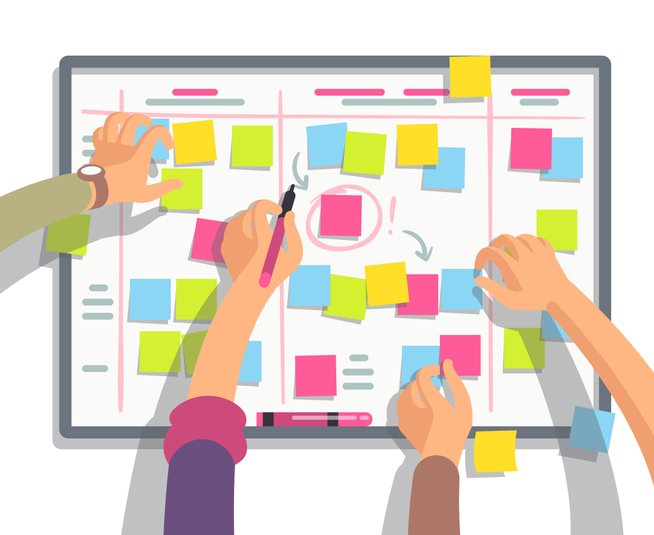When considering engaging a business facilitator to conduct a planning session, it helps to anticipate what value the strategic facilitator should bring to the planning meeting. Planning sessions are typically signal events in the life of organizations. There is no room for failure.
The seven skills listed below are offered as a means to assess a facilitator’s candidacy.
There are two kinds of strategic planning facilitator skills – Technical and Interpersonal. Technical refers to knowledge or techniques that are essential to undertake the facilitation of an organization’s strategic or operational planning meeting. Interpersonal refers to the ability of the facilitator to work with and through a group, in order to accomplish an agreed task.
Facilitation Success =
the level of Technical Skills + the quality of Interpersonal Skills
Technical Skills of Business Facilitator
- Knowledgeable on subjects related to strategic planning, organizational development, strategy, operations and performance improvement is critical. A client once remarked to me that every one of my sessions must be like a mini MBA. There is real truth to that. Over time facilitators see patterns. Recognizing the patterns helps to discern the specific issues and opportunities that relate to an individual client situation. A facilitator staying current with the literature is also important.
- A defined process that leads to a specific product is essential. There is no more certain prescription for failure than not having a step by step process to guide a group to a specific type of outcome. There is no room to “wing it”. Different types of planning meetings will generate different types of products, but the desired product needs to be clear at the outset.
Download a whitepaper – Merits of using a facilitator
Interpersonal Skills of Business Facilitator
- An ability to develop rapport and generate clarity is critical. For example, a facilitator usually has precious little time to meet with the organization’s champion to understand their requirements, establish a fit, acquire strategic information about the organization and achieve agreement about the way forward. The ability of the facilitator to establish an open and frank dialogue is essential. The facilitator needs to quickly engender confidence in their process and their product.
- Possess facilitation skills to present information, question, read a meeting, forestall process objections and maintain group progress. Malcom Knowles the father of andragogy – the study of adult learning, made a key distinction between a group agreeing to engage in a process and the facilitator’s responsibility to subsequently manage that process. In every group there are people who have a need to both enquire about the suggested process and to provide ideas on how it could be improved/changed. A facilitator must manage these interventions and ensure that the methodology continues to lead a group to its intended destination – on-time.
- Ability to quickly understand the strategic imperatives of an organization. At the outset, a facilitator must ask the right probing questions and listen intently, in order to quickly get a handle on the contours of the organization’s situation. This starts before a proposal has even been developed. Once a session has commenced the facilitator will continue to acquire an appreciation for the “strategic” issues, without slowing the group’s discussion.
- An attitude that “its not about the facilitator”. A planning session is different than some other off-site meetings that organizations may hold to foster teambuilding, or bring in a motivational speaker, or simply provide some recreation. Facilitators should know that while they are essential to the process, they are not the headliners. The clients are the headliners.
- Recognition of the stakes involved for the participants. As I indicated at the outset, planning sessions must always end well. They must provide a beneficial process to participate in, and they must conclude with the achievement of the stated purpose of the session. Facilitators need to engender confidence and enthusiasm at the outset and maintain it through to completion.
Technical competence, demonstrated through experience and having a proven process, complemented by strong interpersonal skills, are strong indicators of likely success in a prospective facilitator.

